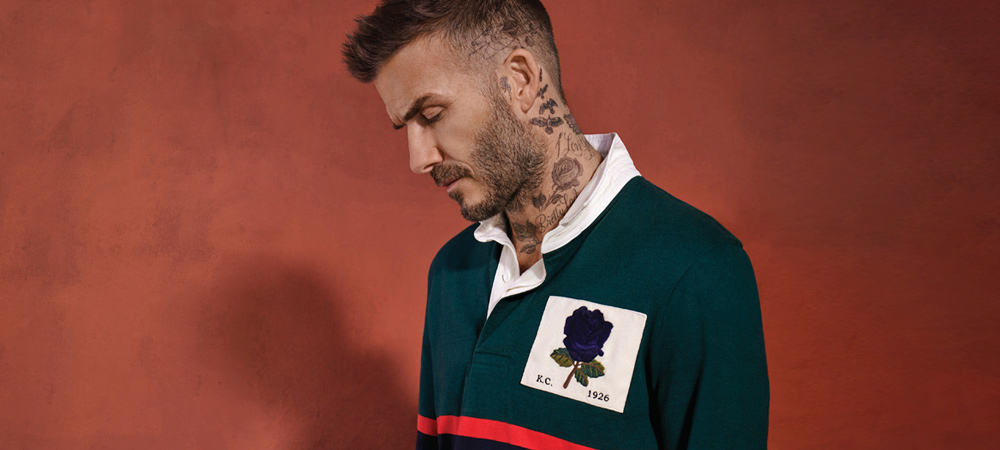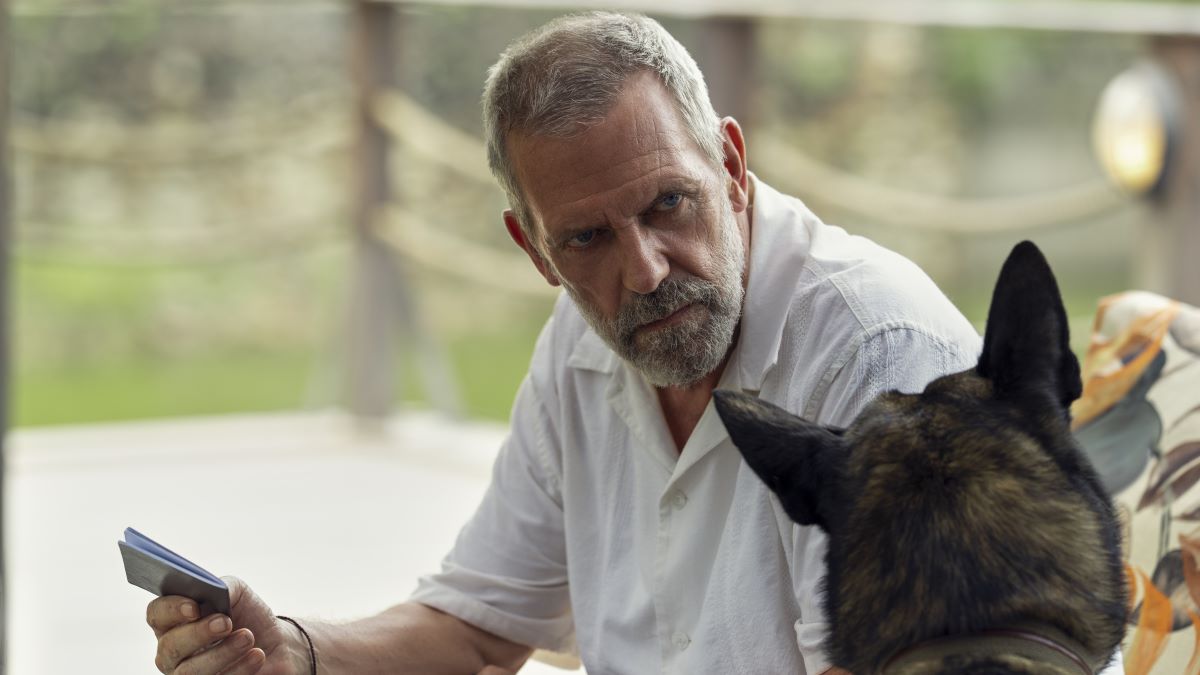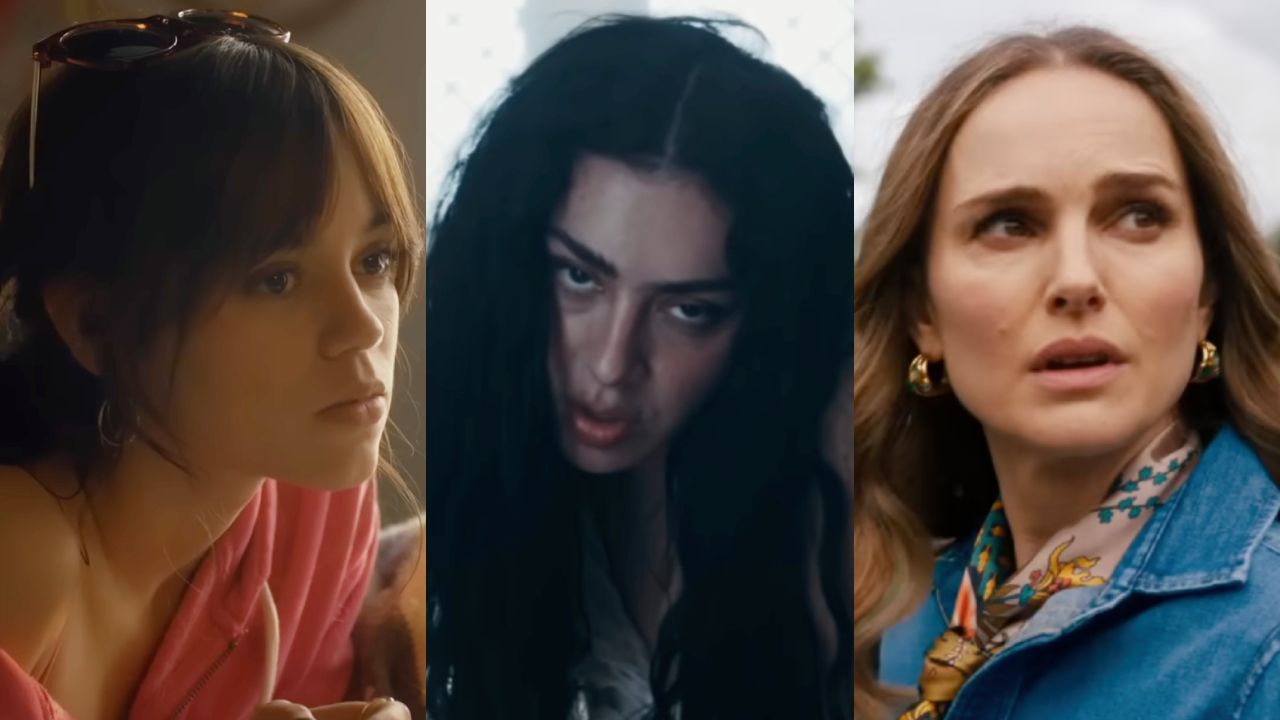For over 45 years, the Rolex Awards has been supporting causes that help to advance human knowledge and well-being. From the start, it was designed to fill the void in corporate philanthropy by enabling exceptional individuals around the world, pioneers who had no or little access to traditional funding and were responding to major challenges with original and innovative projects. These projects can range from recycling plastics to offering basic healthcare and improving our understanding of climate change in the Arctic.
In this article, we shine the spotlight on five inspiring women who are pioneers in their respective fields. This pioneering spirit is the inspiration behind the development and creation of the Rolex Oyster Perpetual Lady-Datejust, in celebration of those who dare lead the way. All five of the Rolex Laureates have demonstrated key qualities of ingenuity, determination and innovation in their work.
Ahead, we put the spotlight on five Rolex Laureates: Gina Moseley, Emma Camp, Miranda Wang, Sara Saeed and Sarah Toumi.
Gina Moseley
2021 Rolex Laureate Gina Moseley’s project explores how caves are linked to our planet’s climatic past. A veteran polar explorer and caver, Gina Moseley looks into the unexplored caves located in the Arctic, which are difficult to access and have not been documented. It is through this world-first expedition to the unknown that Mosely seeks to draw fresh conclusions on the likely impacts of global warming.
And unlike traditional methods of analysis such as using ice cores, Moseley believes that calcite deposits called “speleothems” hold far longer records of our planet’s history. These age-old minerals have been on our planet for millions of years and research into it can help mankind understand how Earth was like during warmer epochs.
“It is wonderful to be supported by Rolex. I have actually had this whole programme to go to the most northerly caves in the world on my mind for many years — and getting there is virtually impossible. The Rolex Awards are, pretty much, the only programme out there that could or would support such an expedition,” Moseley said.
Emma Camp
Our ocean harbours countless lives, from the tiniest planktons to enormous creatures like the sperm whale. In support of this vibrant and rich ecosystem is a vast network of coral reefs. While typically seen in the tropics, its presence is vital and marine biologist Emma Camp is on a mission to repopulate oceans with corals ravaged by a warming climate, acidifying water and other human-inflicted damage.
To do this, the 2019 Rolex Laureate looks out for “hotspots of coral resilience”. Scientists had always believed that coral reefs could only be found in ideal environments — oxygen-rich waters that are clean and have stable temperatures. But in 2019, Camp led a dive team to New Caledonia and discovered that there are corals thriving under conditions previously considered by science to be too hot and too toxic for them to survive.
Learning that corals are able to withstand harsh conditions, she is using her newly acquired knowledge to repopulate coral reefs that have been impacted by bleaching and other forms of coral death.
“I believe we need to think outside the box. We need to go back to nature and see how it has survived for so long, and use that knowledge, combined with innovation and technology, to try to conserve what we’ve got,” Camp explains.
Miranda Wang
One of the key themes discussed in recent years is the Circular Economy. The idea is to create a sustainable economic model that does not produce waste and to fully utilise whatever we are given or made. The latter is what sparked Miranda Wang on her journey to inventing a novel process of converting plastics into valuable resources.
The 2019 Rolex Laureate co-founded Novoloop with her best friend using the US$12 million they had raised. The company holds many firsts: it pioneers the conversion of polyethylene into valuable materials and its proprietary process drastically reduces greenhouse gas emission. What Wang and her friend are doing is effectively killing two birds with a single stone — reducing waste and carbon footprint.
Wang hopes that by 2023, her chemical processing plant is able to recycle hundreds of tonnes of plastic waste annually. This is equivalent to eliminating 4,600 tonnes of carbon dioxide emissions while converting these unwanted waste into high-value materials.
Sara Saeed
In some parts of the world, basic healthcare is not readily available for people living outside of the city centre. Conversely, in the cities, there are thousands of qualified female doctors staying at home because their circumstances do not permit them to work or they have to raise their families. One of such places that has this issue is Pakistan, where one in two people in low-income and rural parts of the country do not have access to basic healthcare.
Identifying this gap in services spurred 2019 Rolex Laureate Sara Saeed to found Sehat Kahani, a service application that provides telemedicine to citizens living in underserved and remote areas and at the same time, offer women doctors the opportunity to work from home.
“We’re putting these female doctors back into the workforce within the cultural barriers that exist in Pakistan and connecting them to patients in low-income and rural communities where healthcare access is unavailable, using digital technology.”
Saeed’s aim is to deliver affordable healthcare to as many as 10 million people in 2023, lower maternal and child mortality by 30 per cent, and communicable and non-communicable diseases by 40 per cent.
Sarah Toumi
2016 Rolex Laureate Sarah Toumi wants to restore her father’s homeland of Tunisia from the effects of desertification. After returning back to Tunisia in 2012, Toumi had observed that the country looked vastly different from what she used to see back in 1996. Tunisia was green but now because of climate change, it receives less rainfall and droughts are more common. This has turned three-quarters of arable land into barren sites.
Acknowledging that this is a problem that needs to be resolved, Toumi set up Acacias for All, organising farmers into cooperatives and encouraging them to plant crops more suited to the changing environment, in addition to olives and almonds. Furthermore, Toumi also introduces new technologies for water treatment, along with natural products and fertilisers rather than pesticides.
In 2016, Toumi and her organisation had helped to plant more than 130,000 acacia trees and brought back fertility to the soils in over 20 pilot farms. She expects to increase this number tenfold in the next two years, restoring 50,000 hectares to fertility, and extend the programme to other neighbouring countries such as Algeria and Morocco.
For more reads about Rolex, click here.






















